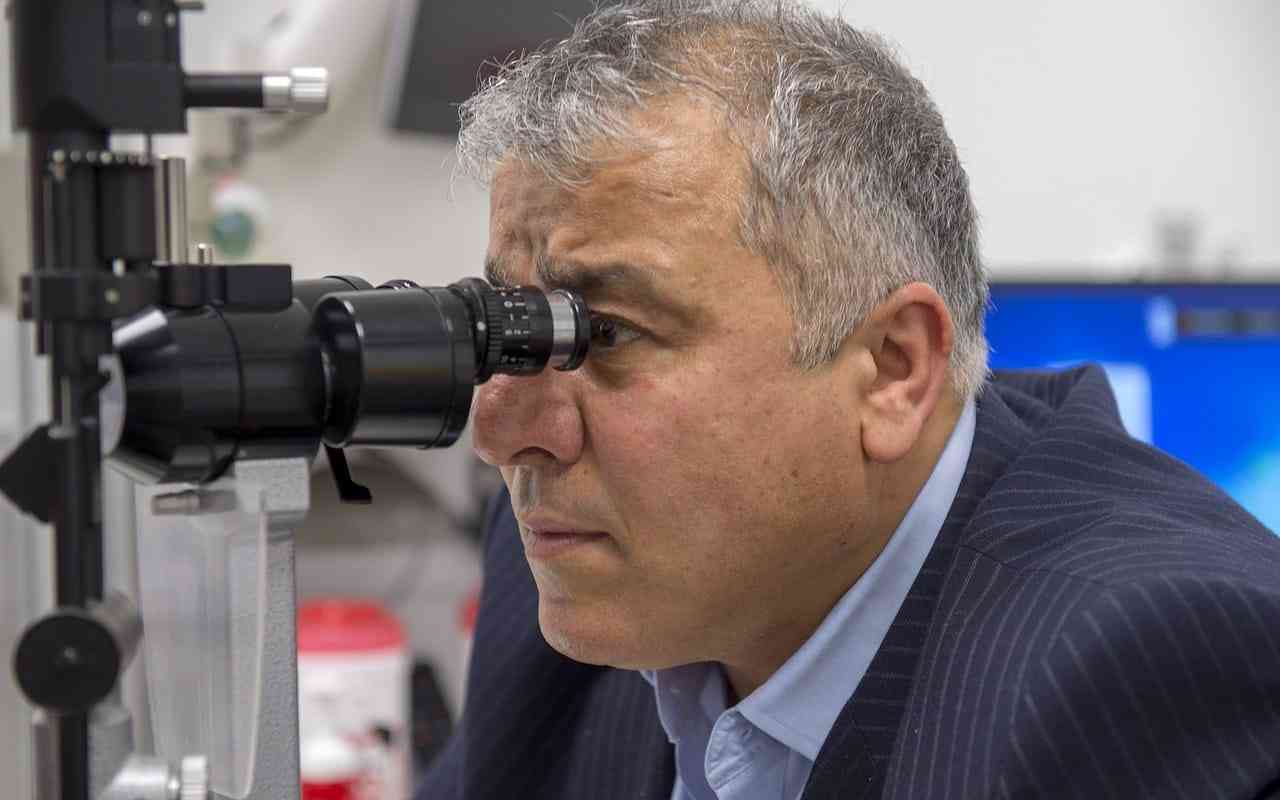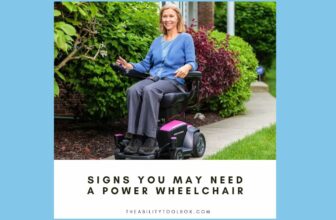
Chronic obstructive pulmonary disease (COPD) is a common condition seen in populations across the world. A study released in 2022 found that it’s likely to be prevalent in just over 10% of the global population aged 40 and above.
In 2019, the World Health Organization reported it to be the third most common cause of death globally, accounting for 6% of deaths worldwide that year.
If you’ve recently been diagnosed with the condition, or you’re just finding out more about it — it is a fairly preventable and treatable disease. For those living with COPD, below we outline some of the ways you can improve your quality of life despite having the condition.
Adopt a healthy lifestyle to improve your quality of life with COPD.
Changing your lifestyle may be the single most important thing you can do to improve your quality of life if you’ve been diagnosed with COPD. If you’re a smoker, stopping smoking can significantly contribute to improving your health and well-being.
Eating the right types and amounts of food will also go a long way in helping you to maintain a healthy body weight and improve your health in general.
A healthy and balanced diet is key to improving physical and mental well-being, and these can boost your quality of life if you’re living with COPD. If you’re not sure where to start, get in touch with a medical or nutritional professional to help assist you with the process.
Exercise more regularly to manage COPD symptoms.
Similarly, exercise is very significant when it comes to physical and mental well-being. It’s recommended to improve everyone’s quality of life, but it can help to improve COPD symptoms over time with care and consistency.
As with any chronic lung disease, excessive or intense exercise isn’t advised to avoid straining the capacity of your lungs. However, appropriate amounts and levels of activity should help you to build your fitness. Again, talk to a professional if you’re not sure what you should be doing.
Be aware of air quality and how it affects your breathing.
Air quality should be a big consideration if you’re living with COPD. The air that you breathe into your lungs can often be the cause of the condition and, more importantly, if you’ve already been diagnosed, poor air quality may worsen your symptoms.
In your home or place of work, you can invest in appliances such as air purifiers to improve the quality of the air you breathe for most of the day. Elsewhere, be wary of exposing yourself to potentially harmful environments and air qualities for too long.
Make use of COPD breathing techniques.
Breathing techniques can be helpful when it comes to mitigating some of the symptoms and effects of COPD. Many of these are designed to aid people when they feel breathless or just to improve breathing cycles in general.
There is plenty of information and guidance online about breathing techniques, but you may find it useful to be guided by someone until you get the hang of it.
There is plenty you can do to improve your quality of life if you’re living with COPD, so see what works best for you.
Follow me down the rabbit hole!
I'm Alice and I live with a dizzying assortment of invisible disabilities, including ADHD and fibromyalgia. I write to raise awareness and end the stigma surrounding mental and chronic illnesses of all kinds.
Dr. Wilson graduated from Rosalind Franklin University of Medicine and Science and completed her residency in Internal Medicine at Advocate Good Shepherd Hospital in Barrington, IL. Dr. Wilson specializes in providing culturally competent and trauma-informed care to patients with physical disabilities. In addition to her private practice, she works as a science communicator, teaching health literacy to middle school and high school students in her local school district.












